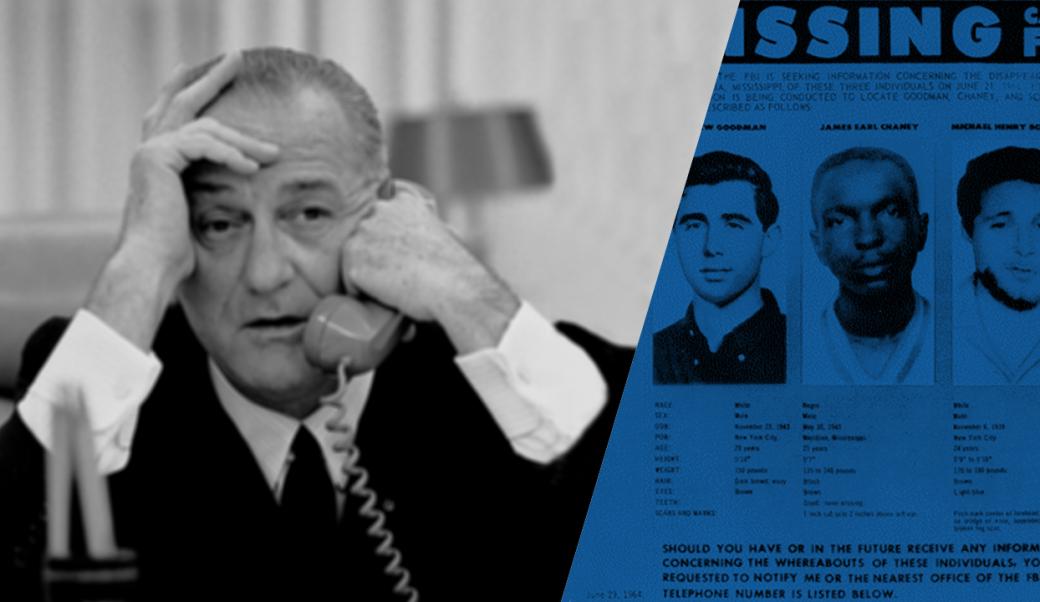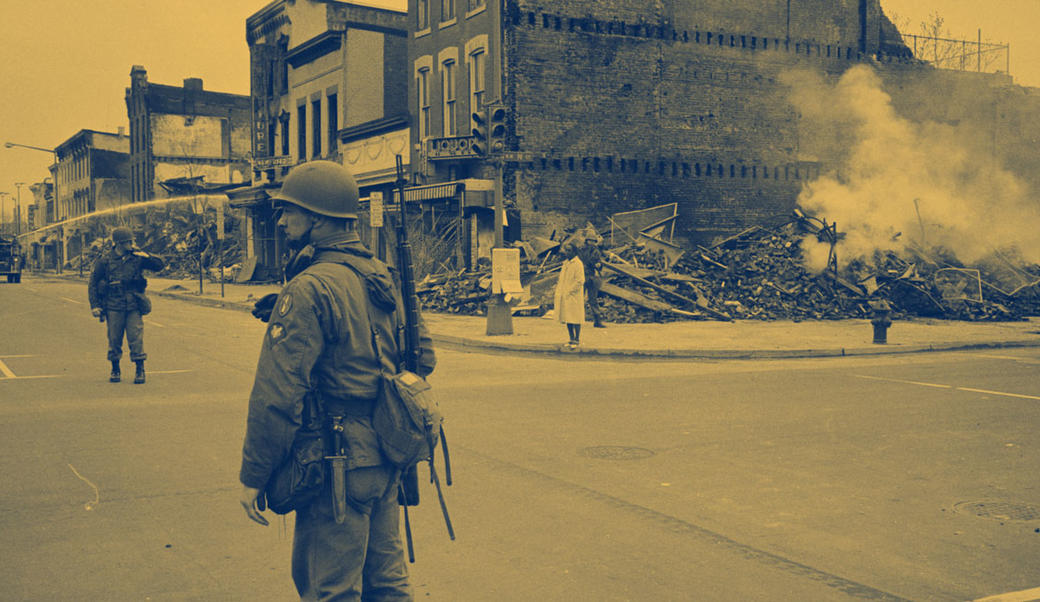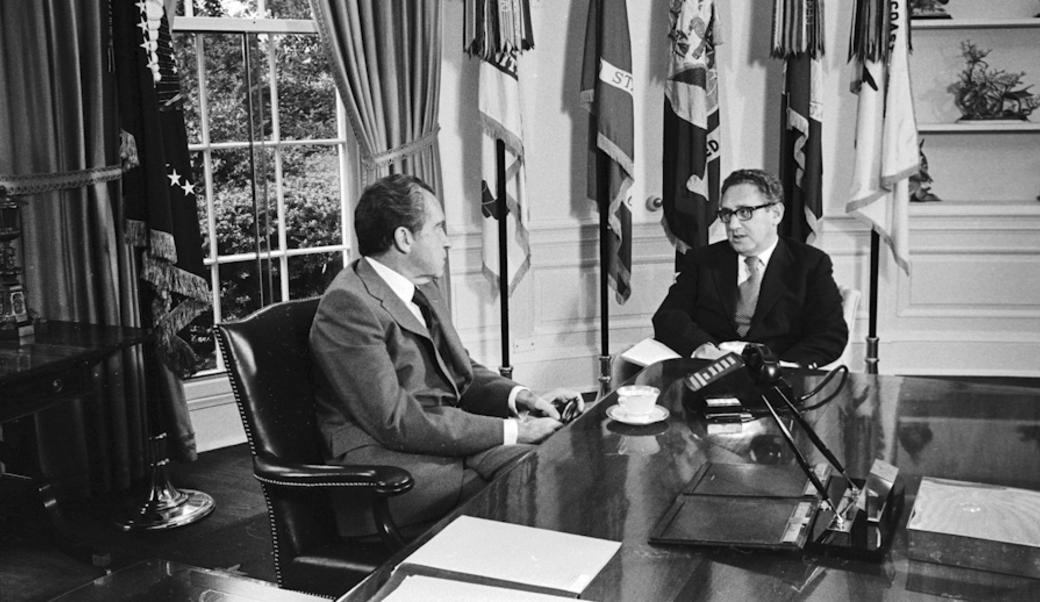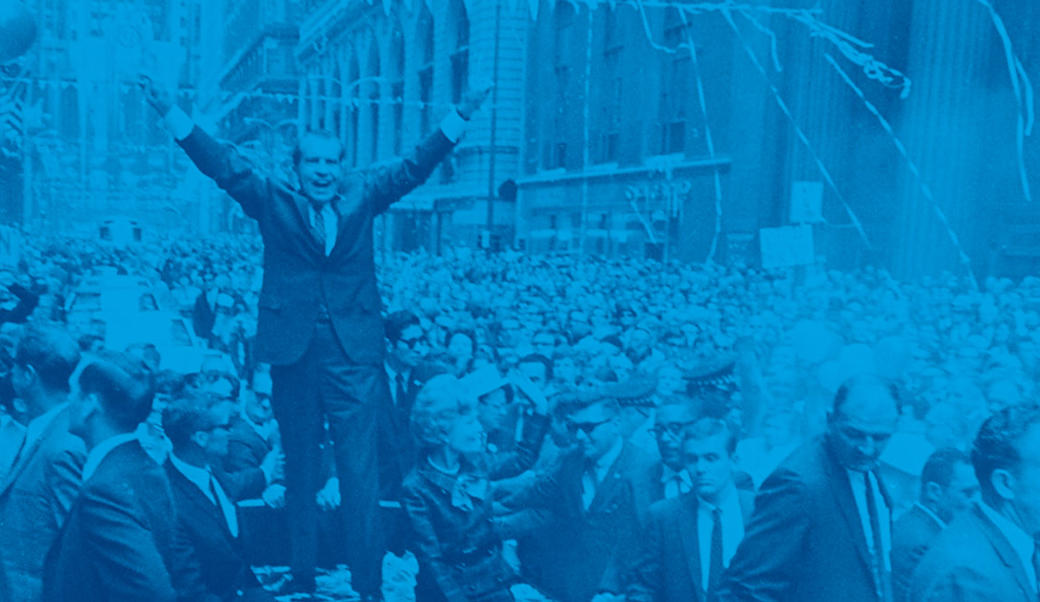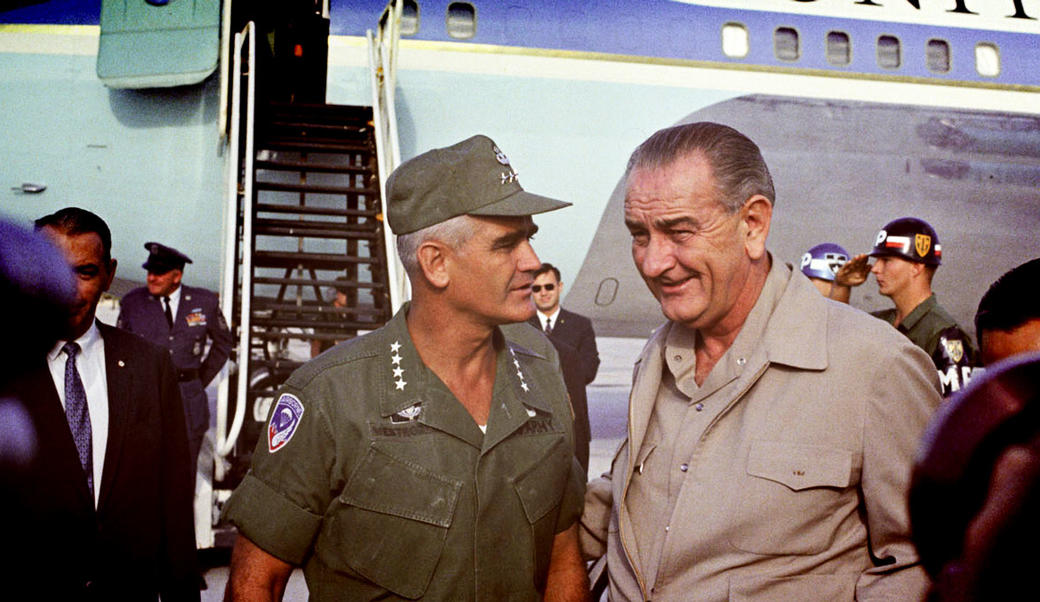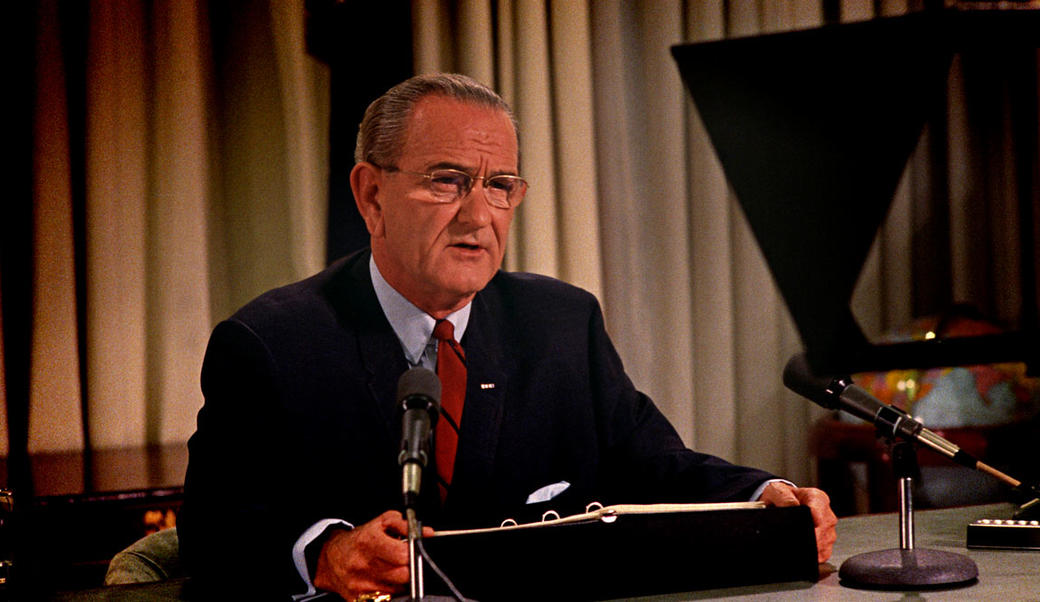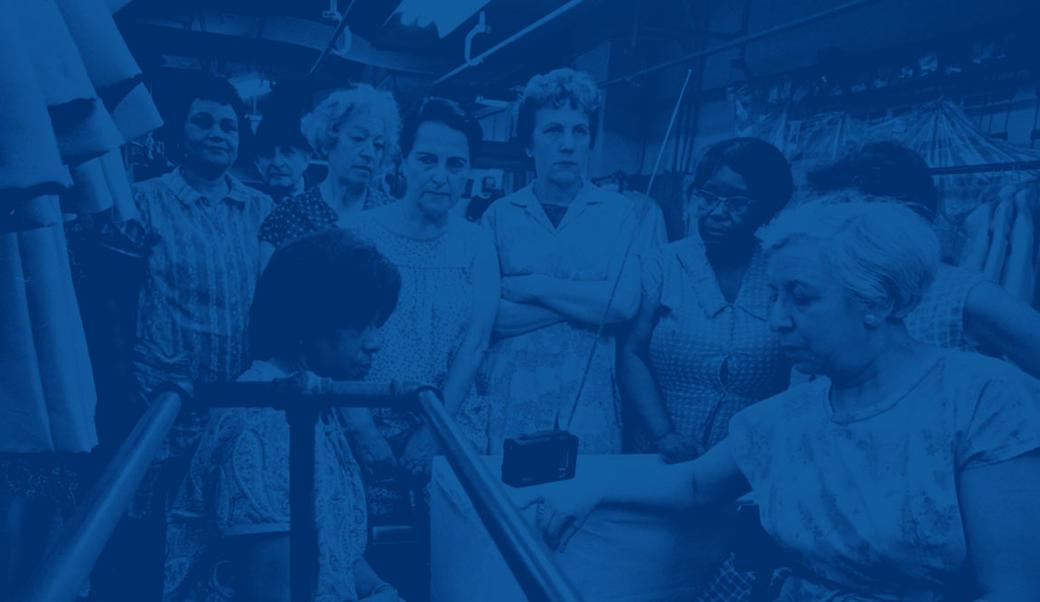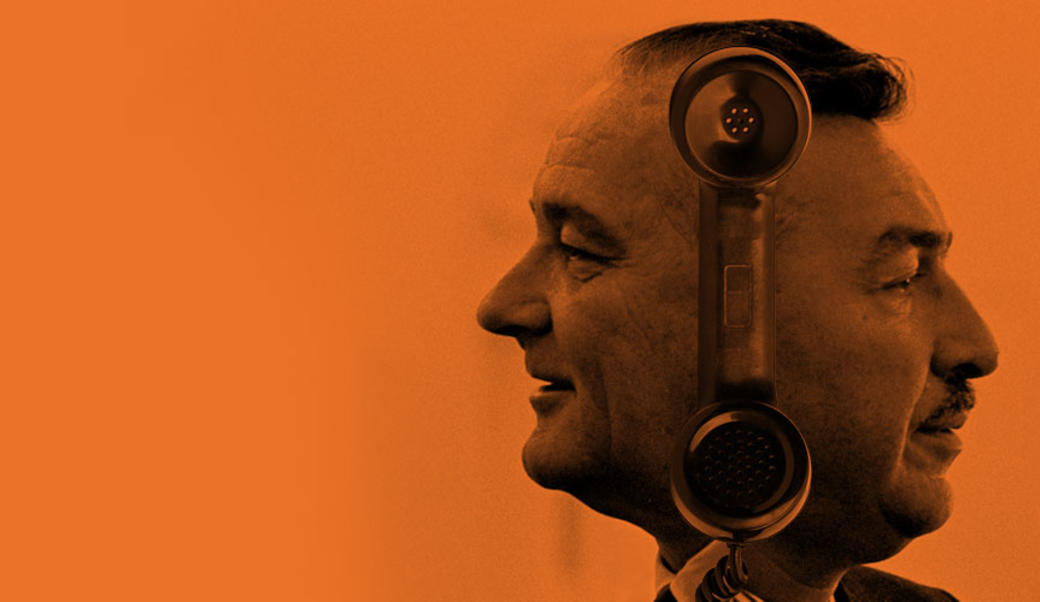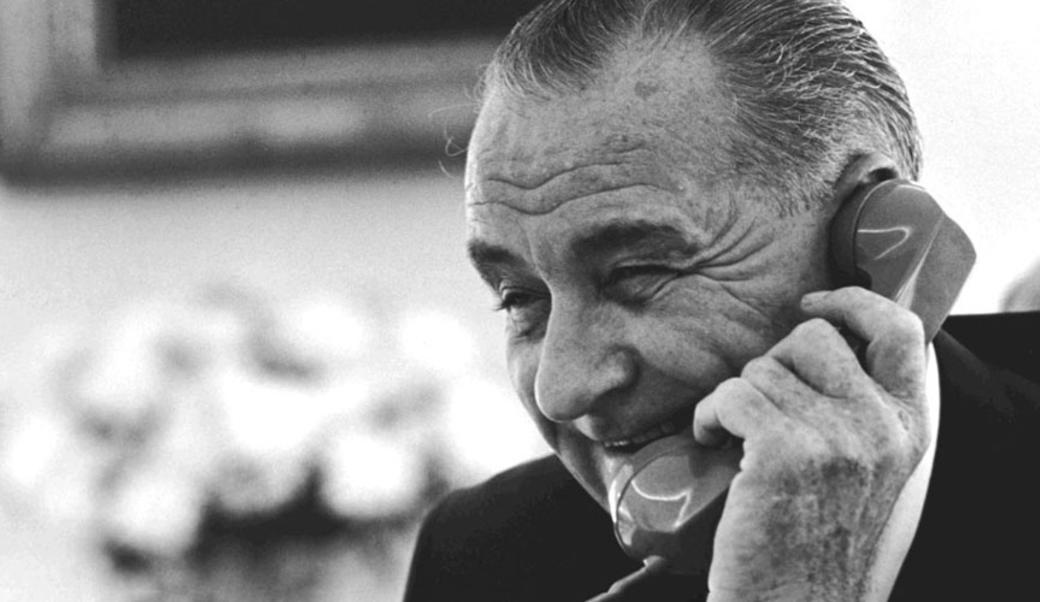Lyndon B. Johnson: Impact and Legacy
Lyndon Johnson's presidency began and ended with tragedy. He came into office after the death of a popular young President and provided needed continuity and stability. He advanced the Kennedy legacy, obtaining far more than Kennedy would likely have gotten out of Congress, and then won a huge landslide victory for himself and his party.
Johnson's administration passed an unprecedented amount of legislation, with much of it designed to protect the nation's land, air, water, wilderness, and quality of life—to keep Americans safer and the United States from becoming uglier and dirtier. President Johnson's administration also extended the New Deal of Franklin Roosevelt, including aid to education, Headstart, Medicare, and Medicaid—programs that are still significant today and that command bipartisan support for their effectiveness. But many of his initiatives for the arts, for the environment, for poverty, for racial justice, and for workplace safety angered many economic and social conservatives and became the targets of alienated white voters and tax revolters. The reaction to his Great Society and to broader trends helped spawn a dramatic political polarization in the United States that some historians have labeled a conservative counterrevolution.
Further clouding Johnson's legacy was the devastating outcome of the Vietnam War. While his programs kept untold numbers of Americans out of poverty, gave others basic health care, and ensured the fundamental rights of citizenship for minorities, in Southeast Asia, millions of Vietnamese lost their lives and homes, more than 58,000 American military personnel lost their lives, and hundreds of thousands more would have their lives permanently altered. At a time when Americans were reshaping the locus of power at home, events in Vietnam were raising serious questions about how America should use its clout abroad. The legacies of death, renewal, and opportunity attached to the Johnson administration are ironic, confusing, and uncertain. They will likely remain that way.
